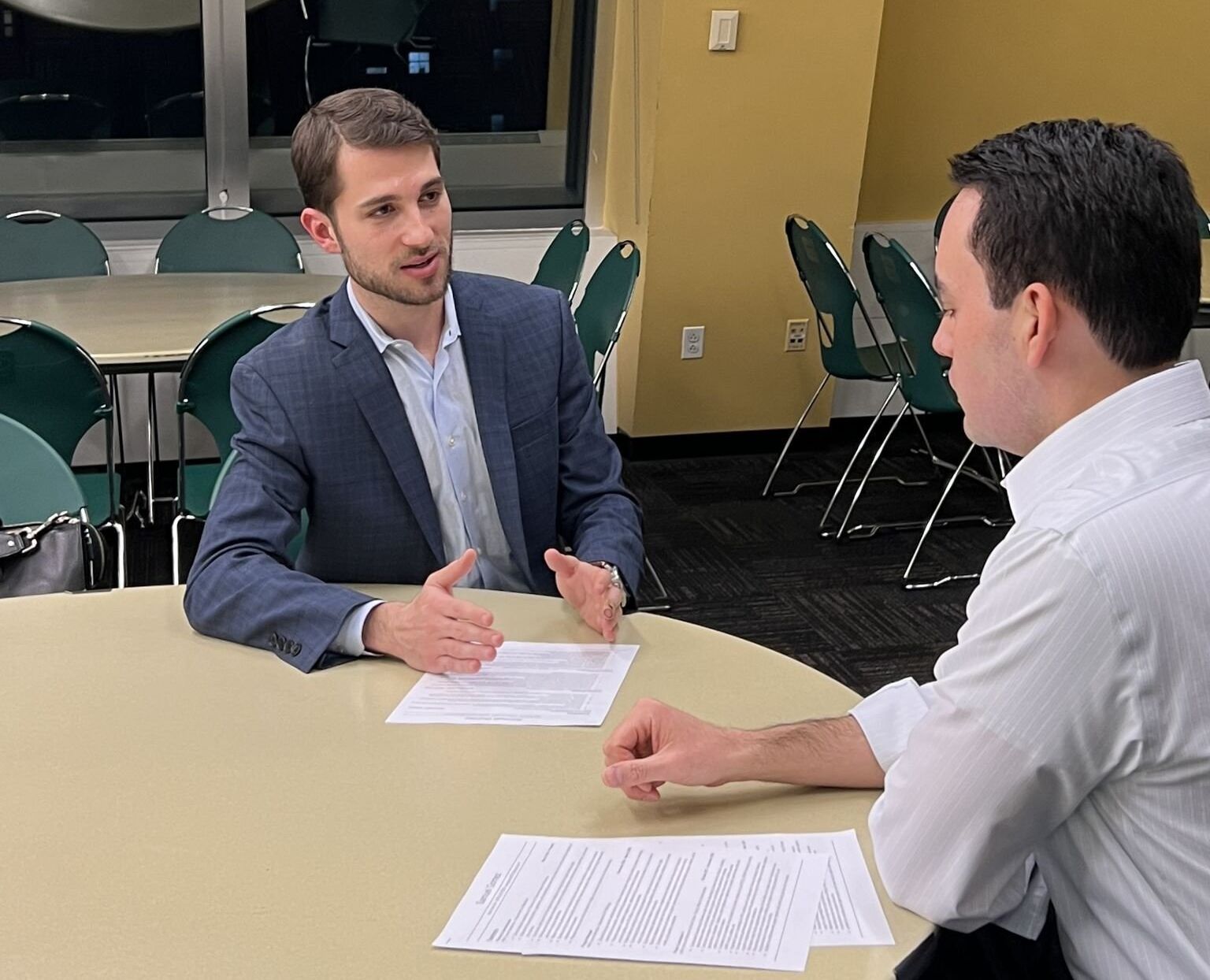Airline is giving all of its employees a huge bonus equal to 8 months of salary
This is how successful companies do good business.
Singapore Airlines employees are getting an enormous profit-sharing bonus.
What makes an airline the "best in the world"? Stellar service, on-time departures, plentiful routes, comfortable seating, reasonable ticket prices, solid safety ratings, good loyalty benefits, etc., right? Those are all things customers look for in an airline, and many of them have given Singapore Airlines the title of "most awarded airline." In 2023, it was named the World's Best Airline by Skytrax World Airline Awards for the fifth time, more than any other airline in the 24-year history of the awards.
Now there's another reason Singapore Airlines is being praised by both flyers and non-flyers alike. After the company announced a record net profit for 2023/2024, a source told CNN in May that the airline was giving all of its employees a bonus equivalent to almost 8 months of salary. Though details of the bonus have not been shared by the company, a similar bonus was awarded to Singapore Airlines employees last year, which was also a record-breaking year for the airline. According to an airline spokesperson who spoke to Business Insider, the bonus is due to "a long-standing annual profit-sharing bonus formula that has been agreed with our staff unions."
Profit-sharing plans provide an added incentive for employees to boost performance, which benefits both employees and employers—as long as those at the top are not determined to hoard all of a company's profits. Singapore Airlines' profit-sharing bonus may be part of its overall compensation package as opposed to a discretionary bonus, but even so, it's a largely unprecedented amount for any company to pay as a bonus, and people have weighed in with their thoughts.

"Smart, this is what keeps employees happy and willing to continue going the extra mile. They are about to have even better coming year now."
"It's not just that it's a bonus....it's the percentage. 8 months of salary is amazing leadership. Wish corporate America would not be so greed with their record profits."
"Paying the staff a bonus, not just the executives, that’s good leadership."
"Congrats to Singapore Airlines! Setting a great example of rewarding employees for their dedication and hard work."
As part of the explanation for its profit of 2.68 billion Singapore dollars ($1.99 billion USD), the airline shared, "The demand for air travel remained buoyant throughout FY2023/24" with a boost by several major Asian countries fully reopening their borders after the COVID-19 pandemic. The airline shared that it carried 36.4 million passengers, a whopping 37.6% increase over the prior year.
Clearly, a lot of people choose Singapore Airlines, but why? What actually makes it the best (or for 2024, second best after Qatar Airways) in the world?
For one, they dominate the awards for First Class travel, which is nice but doesn't really affect the average traveler who flies economy. However, even Singapore's economy experience also miles above most other airlines. Singapore Airlines cabins are known for being well designed, impeccably clean and comparatively comfortable and the crew has a reputation for being friendly, attentive and helpful. (In fact, Singapore Airlines was honored with the World's Best Cabin Crew award by Skytrax in 2024.) People who fly Singapore Airlines frequently tout the experience as feeling like it's in an entirely different class than domestic airlines in the U.S., even when flying economy. The seats, the food, the service both on the ground and in the air—all of it adds up to excellence.
When you provide customers the things they value, keep your employees satisfied and happy with fair profit-sharing incentives, and also operate in a cost-efficient way, it's not surprising when you rank highly for awards across the board. That recognition then leads to more customers seeking you out, further increasing your revenue and ultimately leading you to record profits, which then get shared with employees who work that much harder to ensure that this positive cycle continues.
Amazing how when you put customers and employees first, everyone wins.
This article originally appeared last year.
- Airline CEO works a flight attendant shift and is 'astonished' at how 'challenging' it is ›
- When this CEO sold his company, he gave his longtime employees an average bonus of $237,000 each. ›
- The 91-yr-old founder and president of Bob's Red Mill might just be the world's best employer ›
- Atlanta Falcon's co-owner gifts college four years of his salary - Upworthy ›
- Contractor refuses to attend mandatory meetings, people applaud - Upworthy ›



 LinkedIn
LinkedIn